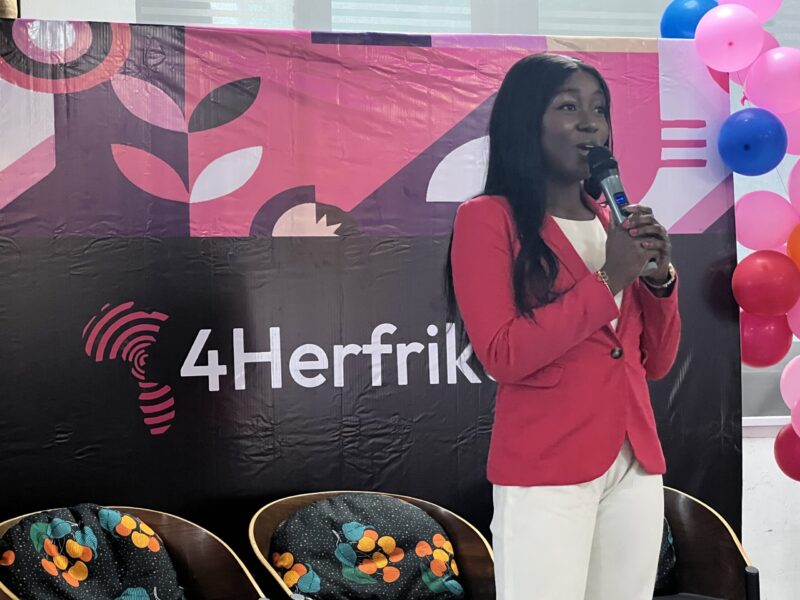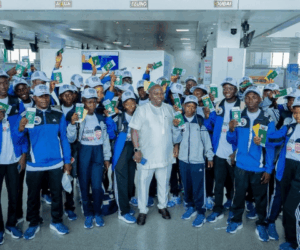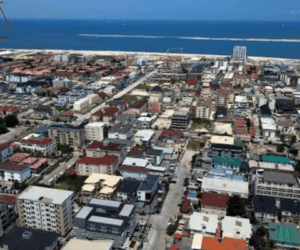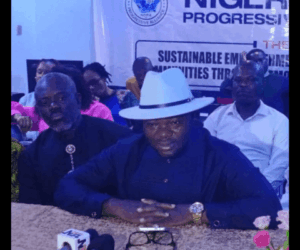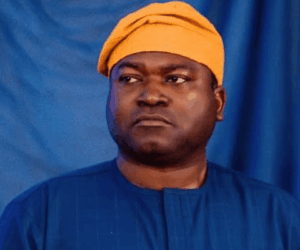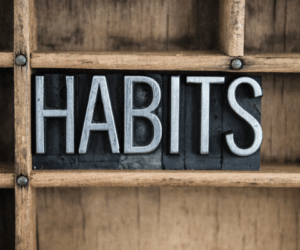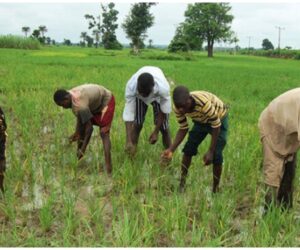4Herfrika, a women-focused non-profit organisation, has celebrated its first anniversary with a renewed commitment to empowering young women across the continent through technology, mentorship, and leadership development.
Speaking at the event on Friday, Ademide Ademola, its founder and executive director, described the organisation as “a platform designed for girls in tertiary institutions across Africa to access mentorship, training and resources that help them build their careers and grow into self-sufficient leaders.”
Ademola explained that beyond professional development, 4Herfrika has also built “a safe space and community where young women can lean on one another, ask questions without fear, and receive guidance from experts and professionals who have gone ahead.”
In its first year, 4Herfrika has rolled out a series of initiatives including three academies, the Tech Academy, the Business Academy, and the Climate Academy. According to Ademola, the Tech Academy alone has graduated nearly 300 students across three countries, Nigeria, Kenya and Ghana. “It’s really beautiful to see that we can build a learning platform that women in other countries can key into and benefit from,” she said.
The organisation has also made early strides in advocacy, launching the Stop the Violence Project in partnership with other NGOs to raise awareness about gender-based violence among schoolchildren.
Ademola recalled, “We reached out to primary and secondary schools to teach them how to identify gender-based violence and how both boys and girls can curb it. It was one of the best things we’ve done.”
Other initiatives include a digital literacy outreach for secondary school students in Ogbomoso and a climate fellowship that explored women’s role in environmental policy. Ademola stressed that climate change disproportionately affects women, children, and vulnerable communities, adding that 4Herfrika is preparing young women to take up space in climate policy advocacy.
Looking ahead, Ademola said the organisation will deepen collaborations with stakeholders in government, corporate bodies, and the development sector to drive systemic change.
“If you’re going to influence government policies, you have to be in the room. The vision is grand for us, it’s not just about teaching skills but building women who can influence society,” she noted.
Ademola described the first year as a “formative stage” for 4Herfrika and emphasised that much more lies ahead. “This is just the beginning. We are playing the long game, raising women across Africa, equipping them to dream, and ensuring they have equal rights to sit at the table,” she said.

